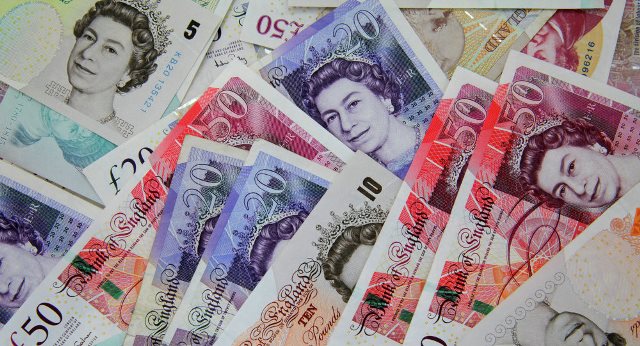Sterling hovered just off seven-week highs against the dollar on Monday as markets seized on another warning from Prime Minister Theresa May that MPs’ failure to approve her Brexit deal could lead to the UK staying in the European Union.
May’s EU divorce deal looks almost certain to get the thumbs down from parliament in a vote on Tuesday even as she makes last-ditch efforts to garner MPs’ support for it.
She said in a speech that blocking Brexit was now a more likely outcome than Britain leaving the European Union without a deal. While she was invoking a line she has deployed in the past to persuade Conservative party MPs to back her deal, it reinforced markets’ hopes that Brexit could be softened or even reversed.
“Theresa May seems to think there is a bigger chance of no-Brexit than of no-deal Brexit. Anything that seems to reduce the chances of a ‘hard’ Brexit is something that would provide solace to investors,” said Jane Foley, FX strategist at Rabobank.
The pound last week posted its fourth straight week in the black, rising sharply on Friday on suggestions that Britain could seek to delay its scheduled March 29 date to exit the European Union. But it has also benefited from recent dollar weakness and last week from a fall in the euro.
It rallied on Monday to a high of $1.2879, up 0.3 percent on the day while against the euro it firmed 0.2 percent to stand at 89.06 pence by 1200 GMT, the highest since Dec. 5. By 1415 GMT, it eased back to trade flat on the day.
Markets shrugged off news that May’s Whip, a lawmaker who enforces party discipline, had quit to express opposition to her Brexit deal.
Uncertain Times
However, the outlook for the currency remains uncertain – a last-minute Brexit deal, a disorderly or no-deal exit, a new referendum or remaining in the bloc are all seen as possible. Each could have radically different consequences for the sterling outlook.
May is expected to tell rebel MPs in a speech due later on Monday that Britain’s exit from the EU is now in peril from politicians seeking to thwart it
“It’s difficult to know what she could say that would pull parliamentarians out of their fairly entrenched positions and into her camp,” Foley added.
Instead markets are increasingly preferring to focus on signs that a “hard” Brexit – crashing out of the bloc without a withdrawal deal in place – is unlikely, given parliament’s growing influence on the process. Instead many have started to price the possibility of another referendum being called which could result in the UK remaining in the EU, a so-called people’s vote.
That has diminished expectations for sterling swings, pushing one-month volatility or vol to three-week lows last week though the vol rose back slightly on Monday.
The risk that sterling will fall against the dollar is just off the lowest level in more than four months, according to one-month risk reversals, a gauge of market positioning.
Jasper Lawler, head of research at consultancy ICG told clients a second referendum “could take sterling well north of $1.30 within minutes of being announced.”
“The prospect of all Brexit uncertainties disappearing would attract huge sums of capital that have been on the sidelines during negotiations,” he added.












